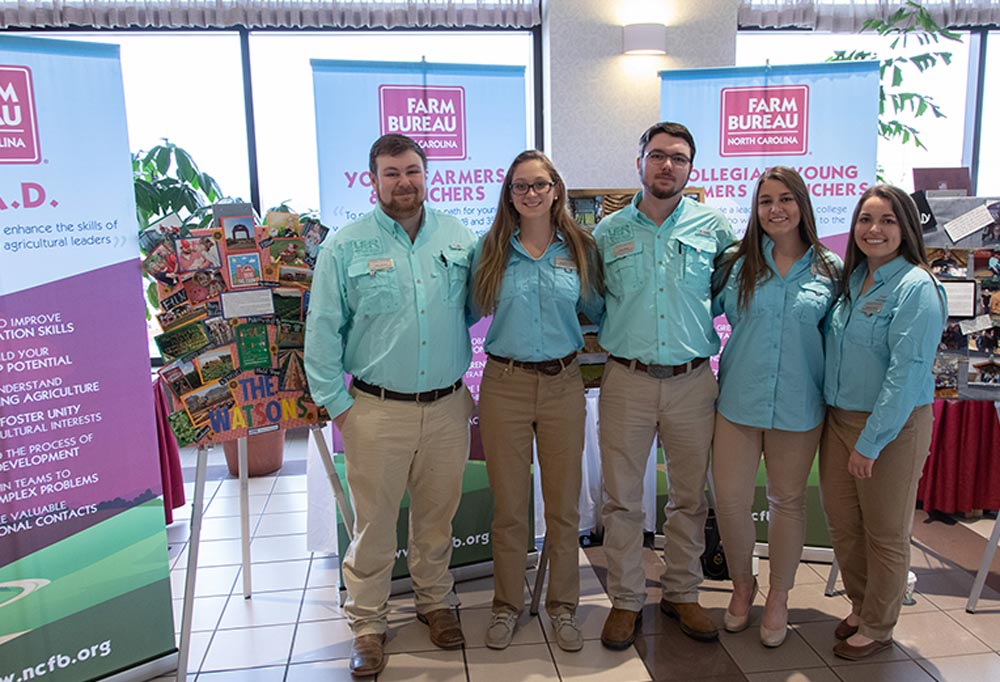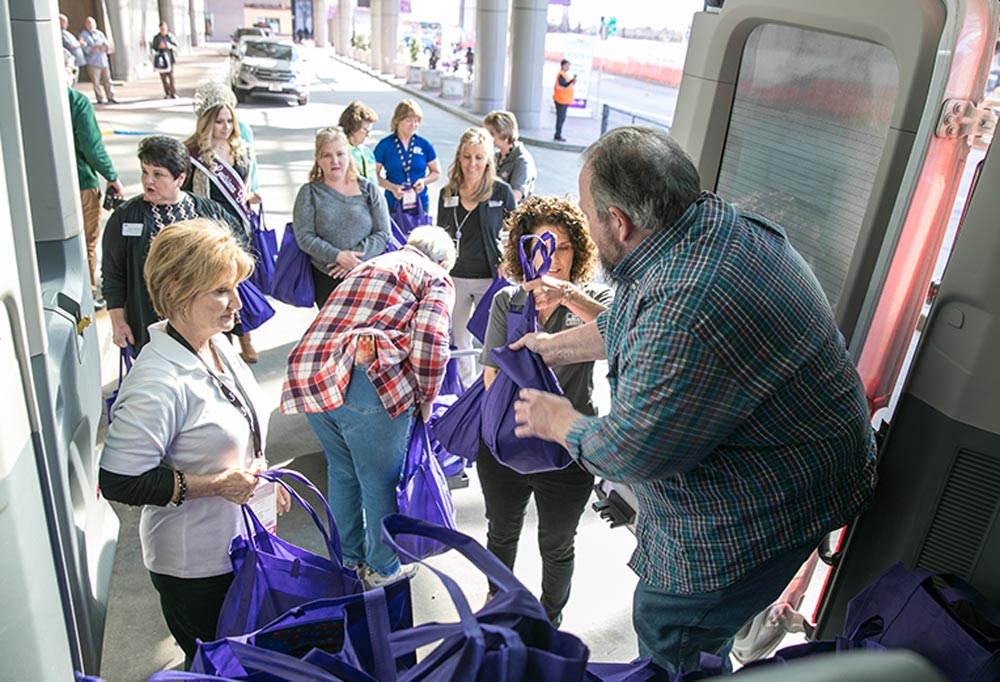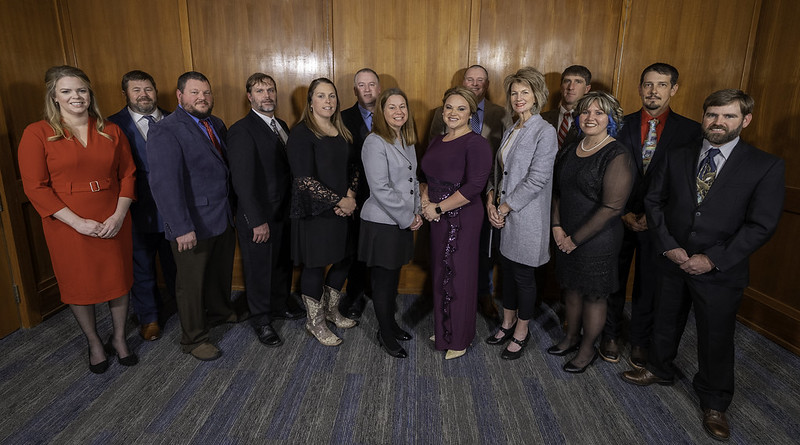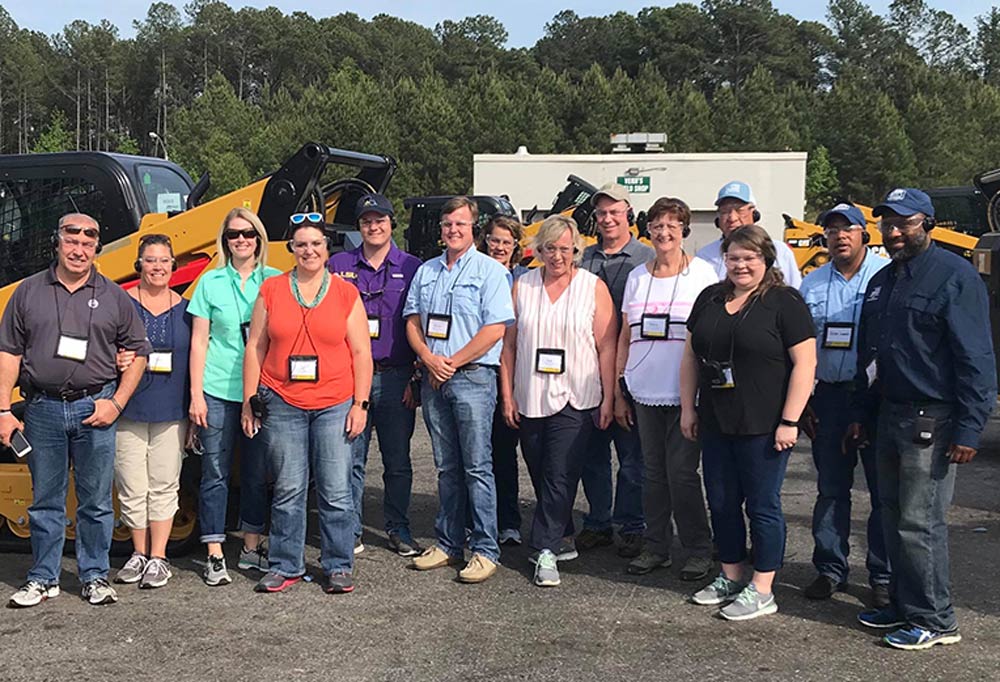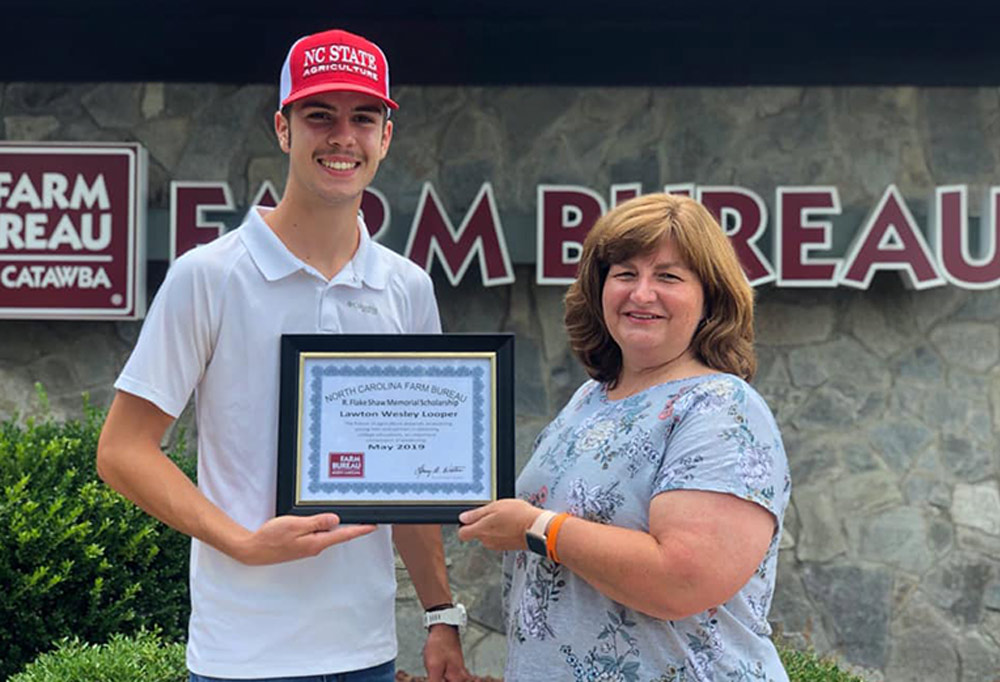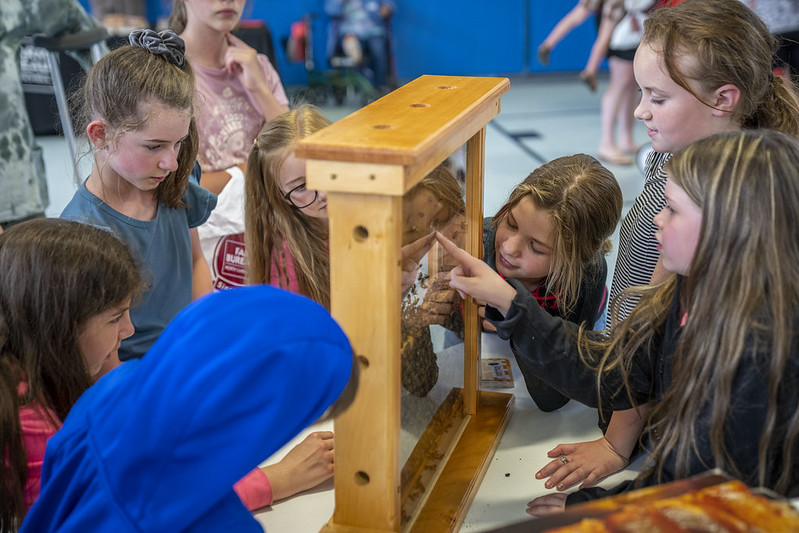The NC Farm Bureau Young Farmers & Ranchers (YF&R) Program is for young women and men between 18 and 35 years of age. It provides opportunities to develop leadership traits, public speaking skills and exposure to current issues in agriculture from state and national leaders.
The NC Farm Bureau Women’s Program is made up of dedicated women who love and live agriculture. Watch our video to learn more about women in agriculture. The Women’s Program is open to any Farm Bureau female member interested in supporting Farm Bureau’s policies and initiative.
NC Farm Bureau L.E.A.D. is a leadership development program sponsored by the North Carolina Farm Bureau. Its purpose is to develop, foster, and enhance the skills of individuals and couples (between the ages of 36 and 60) actively engaged in production Agriculture.
The purpose of the Safety Program is to provide Farm, Home and Auto safety resources, program ideas and organizational support to county Farm Bureaus. County Farm Bureaus can use this program to plan and carry out safety programs and activities.
The Institute for Future Ag Leaders (IFAL) is a week-long program for rising high school seniors interested in the industry of agriculture. Emphasis is placed on: career opportunities, emerging technology, citizenship and leadership development.
We believe assisting our industry’s future leaders in obtaining higher education is an investment in the future, and is an integral part of fulfilling our Farm Bureau mission. We urge every county Farm Bureau to recruit eligible youth to participate in our scholarship program.
Ag in the Classroom is an educational program designed to provide teachers with quality materials to teach students, through North Carolina competency-based lessons, about the sources of their food and fiber, and the importance of agriculture to the economy.


